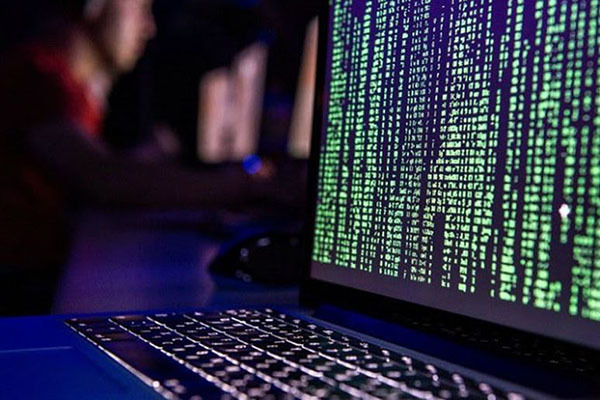
According to the National Cyber Security Centre (NCSC) under the Authority of Information Security, Ministry of Information and Communications (MIC), at the beginning of December 2020, Vietnam had 1,052,479 IP addresses in botnets.
In January 2021, the figure decreased to 1,004,706, or 1.05 percent, from December 2020, and 29.85 percent compared with the same period last year.
In February 2021, the number of Vietnamese botnet IPs continued decreasing to 917,492, down by 8.68 percent compared with January 2021 and 44.16 percent compared with February 2020.
The figures showed a downtrend in the number of Vietnam’s IP addresses in botnets in the last eight months.
Explaining this, NCSC experts said individuals and organizations have heightened their awareness and joined forces with agencies and technology firms to remove malware, even after the 2020 campaign on detecting and removing malware nationwide.
The campaign was kicked off by MIC in July 2020 and finished in mid-December with the long-term aim of ensuring safety for users in Vietnam’s cyberspace and accelerating national digital transformation.
Deployed on Vietnam’s entire cyberspace, the campaign was coordinated by NCSC in cooperation with Vietnamese and foreign information security firms.
Before the launch of the campaign, security firms’ surveys found that the malware spread in Vietnam had begun to decrease but remained at a high level compared with other countries.
At that time, Vietnam had 16 million IPv4 addresses, of which 3 million IPs were regularly found in international institutions’ black lists and 2 million IPs in big botnets.
NCSC director Tran Quang Hung said the campaign on detecting and removing malware in 2020 brought encouraging results, fulfilling the plan to reduce the botnet/malware infected IP number by 50 percent.
The most important outcome of the campaign is that it helped raise awareness of enterprises and individuals about cyber security.
During the campaign, more than 8 million users accessed the campaign, and 5 million users participated and used the tools provided for free.
In the latest report by Kaspersky Security Network, Yeo Siang Tiong, CEO of Kaspersky Southeast Asia, said that despite the Covid-19 pandemic, Vietnam gained positive results in cybersecurity thanks to the joint efforts of the government and private partners in the campaign on detecting and removing malware nationwide in 2020.
NCSC director Tran Quang Hung said the campaign was the most significant one of the agency in 2020.
He stressed that detecting and treating malware is a ‘long-term battle’ which will continue even after the campaign. There are many things Vietnam needs to do, from using copyrighted software to raising public awareness about cybersecurity.
Trong Dat

Cyberattacks increase during Lunar New Year
Taking advantage of the upcoming Tet holiday, when demand for online transactions, payments, gifts and to send lucky money increases, many hacker groups are stepping up their fraudulent activities aimed at users of banking services and e-wallets.

Experts warn of high risks for information security in 2021
Still coping with difficulties caused by Covid-19, small and medium enterprises (SMEs) also face risks in information and data security in 2021.